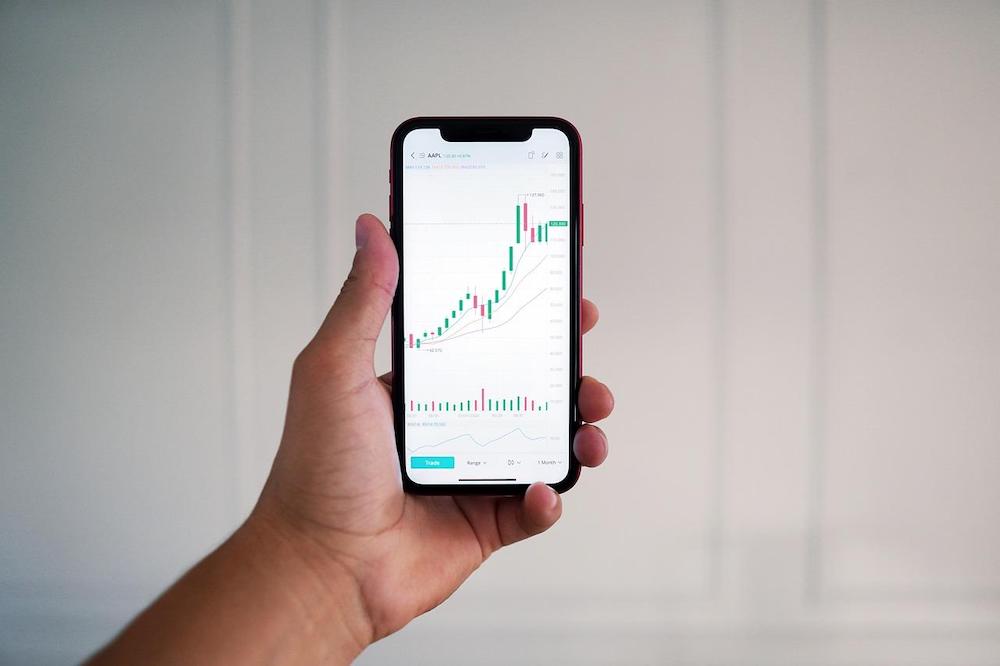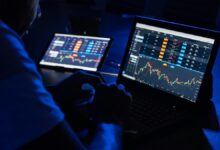
The forex and online trading landscape has witnessed a significant growth in Africa in recent years, mainly driven by technological innovations, mobile penetration and a growing appetite for financial inclusion.
An increasing number of young people across the continent are now turning ro forex and trading platforms as an alternative source of income and wealth creation. In countries like Kenya, there are estimated to be over 100,000 forex traders, and this number is growing thanks to the country,s developing economy, improving financial infrastructure, and increasing tech-savviness of its population.
In Nigeria, the country is estimated to have over 200,000 daily forex traders, according to Rolifx Trades. This makes the country the second-largest retail online forex market in Africa. The average daily trading volume is estimated to be between $10 and $15 million.
South Africa, on the other hand, holds the position of the largest forex trading market on the continent, with daily turnover exceeding $20 billion, according to Contentworks Agency.
Based on these numbers, it’s clear that forex trading is evolving from a niche interest into a mainstream economic activity, especially for young people in Africa.
Terence Hove, Senior Financial Markets Strategist at Exness says, “Estimates put the number of daily forex traders in Kenya and Nigeria in the hundreds of thousands with a trading volume of ten to fifteen million. South Africa is considered the largest forex trading market in Africa, with a daily turnover of over twenty billion. We are also seeing regulation constantly being reinforced in the region. There is definitely a shift happening, and Exness is very proud of the fact that it can play a significant role in the accessibility of trading on the continent, allowing people to trade assets that were exclusive to institutional players in the past.’
Fintech startups have also played a big role in the growth of the forex and online trading market in Africa. These startups have made access to forex markets more seamless for young Africans. Mobile apps and low-data platforms allow users to trade currencies, stocks, and crypto assets from their smartphones with very little capital. This ease of access, combined with rising internet penetration, has opened the doors for first-time traders who previously lacked exposure to global financial systems.
Fintech startups like Nigeria’s Bamboo, Kenya’s Hisa, and South Africa’s EasyEquities are revolutionising investment by providing fractional trading and education tools. International brokers like Exness are increasingly are also increasingly targeting African markets, offering localised platforms and support.
Exness is a global multi-asset brokerage firm that allows users to trade instruments like forex, cryptocurrencies, commodities, indices, and stocks. Known for its user-friendly platforms and competitive spreads, it’s one of the leading brokers globally with millions of active traders.
But even as the popularity of forex and online trading surges, regulators across the continent are catching up. Authorities in South Africa, Kenya, and Nigeria have begun implementing stricter guidelines to protect retail traders from fraud and high-risk investments.
For example, Kenya’s Capital Markets Authority (CMA) has introduced licensing frameworks for forex brokers, while South Africa’s FSCA has issued warnings against unregulated entities operating within its borders. These efforts aim to curb the rise of scam platforms and ensure safer participation for investors.
Looking ahead, while Africa’s trading market is growing, it still faces hurdles. These include low financial literacy, regulatory gaps, currency instability, and lack of local payment integration with global platforms. However, the long-term outlook remains optimistic.
Financial inclusion, digital payment systems like M-PESA, and Pan-African initiatives like the African Continental Free Trade Area (AfCFTA) could enhance cross-border investment and trading opportunities.
Africa stands on the edge of a financial shift, one where forex and trading, once limited to institutional players, are becoming tools of empowerment for everyday Africans.
Follow us on WhatsApp, Telegram, Twitter, and Facebook, or subscribe to our weekly newsletter to ensure you don’t miss out on any future updates. Send tips to editorial@techtrendsmedia.co.ke



